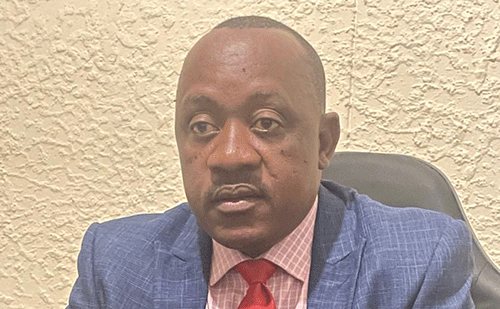Auleria Wakudumo
An unregistered political outfit trading as the Namibia Progressive Party (Nappa) has expressed dissatisfaction at how the Electoral Commission of Namibia (ECN) handled their application.
According to Nappa, they received no response from the ECN from the day they submitted their application on 8 July this year until 20 August 2024, when they were informed that some regions might fall short of the 500 required signatures.
Party co-founder Penda Negonga indicated that by then, they had apparently completed three regions.
“What was surprising is that it took the ECN three days to finish four regions and send us a WhatsApp message of a signature-captured outcome,” he said.
Negonga said he requested a debriefing meeting with the ECN because he was not satisfied with the results.
“Unfortunately, when we met in his office, he could not explain what the wrong or common mistake in our signatures was. Neither was there a report from the people who conducted the signature verification process. To make it worse, the signatures were not ticked, even to show that someone worked on them,” he charged.
He stressed that the reason Nappa requested for debriefing was for them to learn from their mistakes, and rectify them.
The party leader said from his managerial and leadership experiences, he could see a lack of leadership, guidance, and support from the commission.
“Due to the ECN’s delays, Namibians will not have that opportunity to choose between job creation through the establishment of various factories and creative solutions to the housing crisis versus poverty and hopelessness,” the frustrated Negonga said.
Approached for comment, senior ECN legal officer Alpheus Haufiku indicated that there are requirements that need to be in place for a party to be registered, including obtaining signatures from registered voters (500) from a minimum of seven regions, and paying N$25 000. he said that the ECN verifies all signatures to see if they are valid.
“Some parties duplicate signatures, and if that is the case, then it leads to a decrease in signatures, and that is what happened to the applicants who are not registered,” Haufiku said.
“The parties, including Nappa, are informed and told about the missing documents, and they received a letter,” he added.



